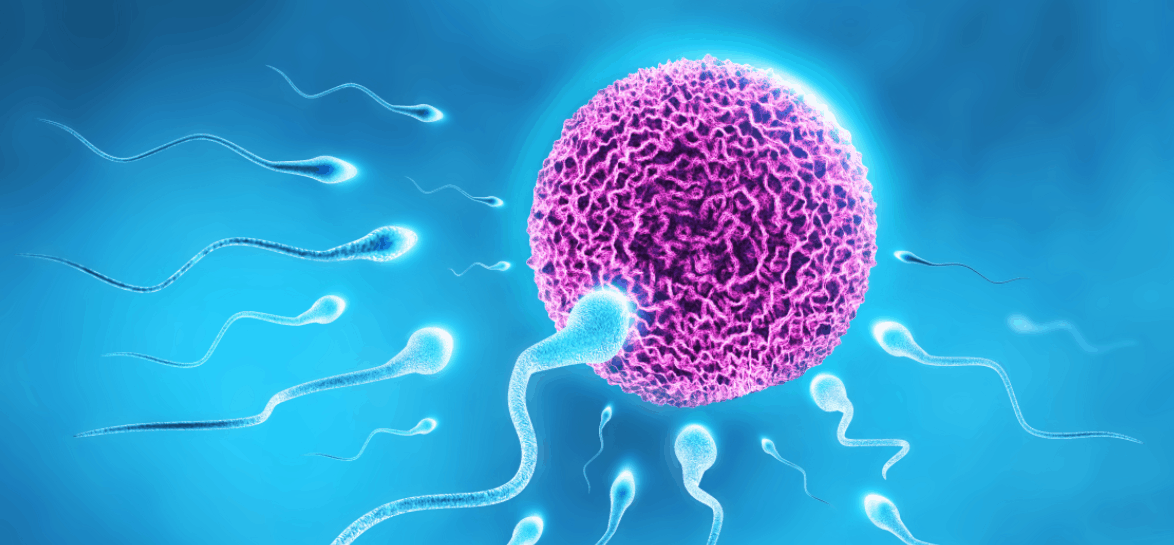Many men’s health problems are discovered during routine physical examinations or while undergoing testing for male infertility. If you and your partner have been experiencing difficulty conceiving a child, both of you should be examined by your doctors. Male infertility can be caused by many issues, such as a low sperm count and decreased sperm quality. Both of these problems may be caused by a variococele.
A variococele refers to the enlargement of the veins inside the scrotum. It is a common cause of male infertility. However, not all variococeles require treatment. If you have a variococele that is not causing symptoms or problems like male infertility, your doctor may advise you to leave it alone.
Causes of variocecele
The exact cause of a variococele is unknown, however doctors suspect that it can occur due to a malfunctioning of the valves inside the veins within the spermatic cord. This prevents proper blood flow, causing the veins to dilate. These men’s health problems usually develop slowly. If a variococele develops abruptly, it may be from a kidney tumor that is blocking blood flow. Variococeles more commonly develop on the left side of the scrotum.
Symptoms of variococele
In some cases, a variococele may not cause symptoms and may not cause male infertility. Otherwise, men may notice enlarged, twisted veins in the scrotum, much like a varicose vein in a leg. Swelling in the scrotum or a bulge may also occur, and some men may find a lump in the testicles. Variococeles may rarely cause pain, which may be a dull discomfort or a sharp pain. Pain from this male health issue typically gets worse with physical activity or long periods of standing. It may be relieved as you lie down. Some men may also experience shrinkage of a testicle.
It is believed that variococeles cause male infertility by increasing the local temperature. This is due to the blocked blood flow. Sperm formation and motility are negatively impacted by a temperature that is too high.
Seeing your doctor
If you experience any of the possible symptoms of a variococele, or if you suspect a male infertility issue, make an appointment with your doctor. Bring a list of your symptoms and make a note of when they first began to occur. Also bring a list of questions to ask your doctor. For example, you’ll probably want to ask him whether your condition will affect your fertility or cause any other complications, and whether he would recommend treatment.
Diagnosis of variococele
The first step in diagnosing a variococele is a physical examination. If the vein is enlarged enough, your doctor will be able to readily detect it. Otherwise, he might ask you to stand, hold your breath, and bear down to encourage detection of the veins. Sometimes, a scrotal ultrasound may be used. This diagnostic test can detect a variococele or other abnormality that can be causing your symptoms, such as a tumor.
If your doctor diagnoses you with a variococele or other male health problem, become an informed patient. Ask him what your diagnosis means and where you can find more information.







